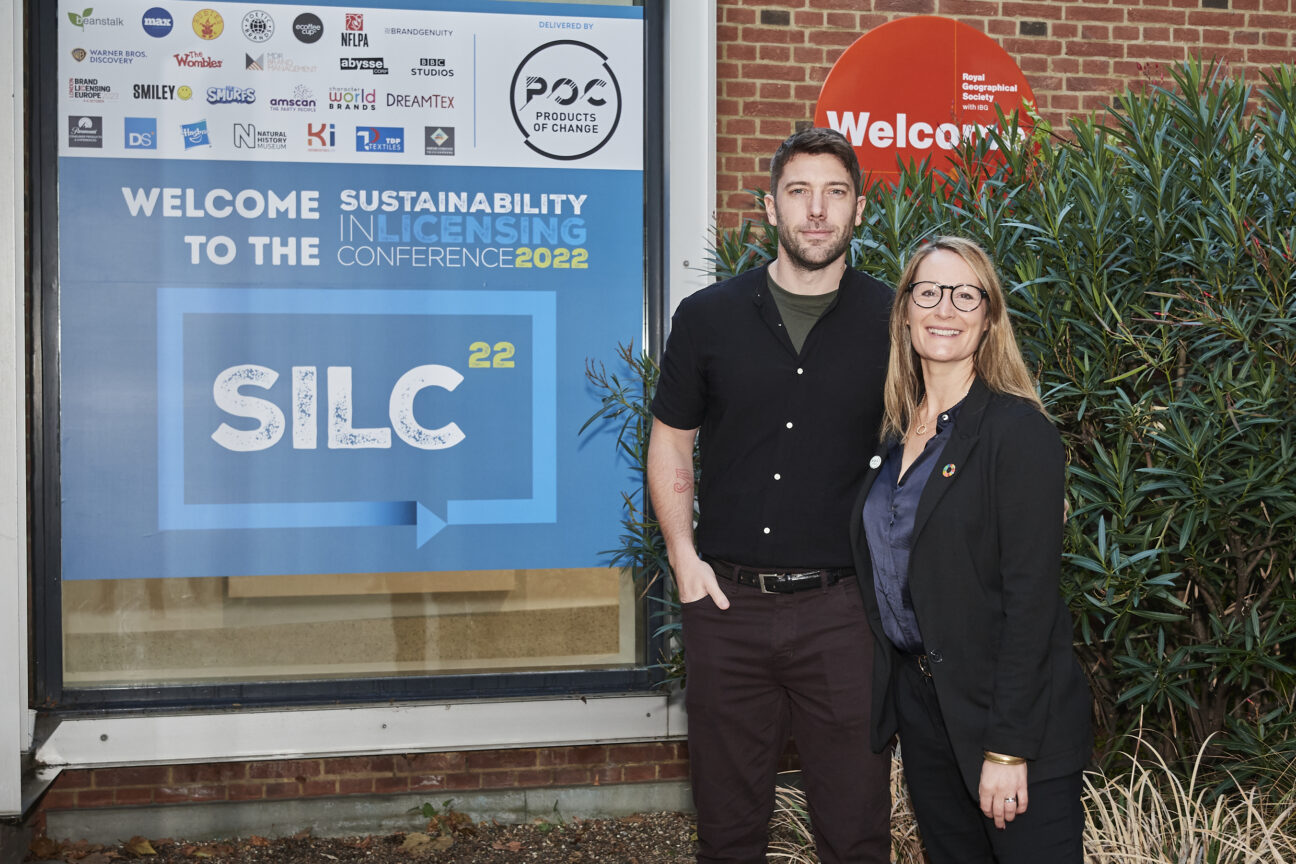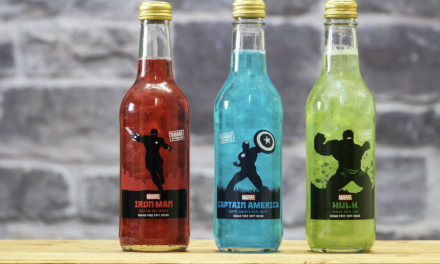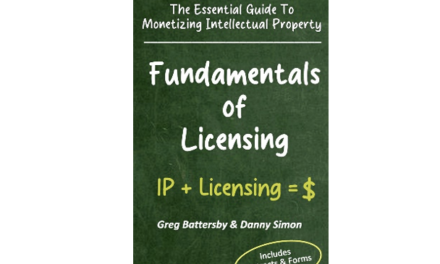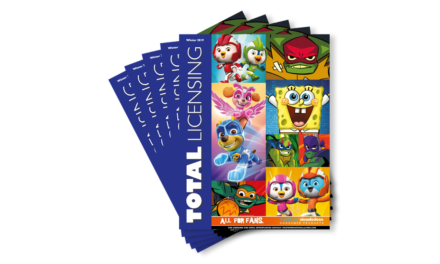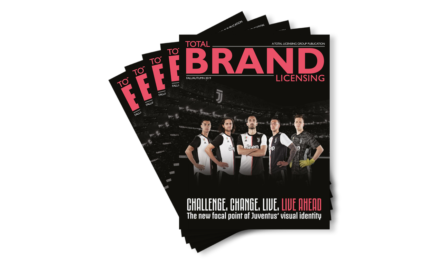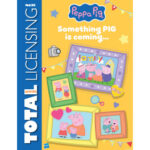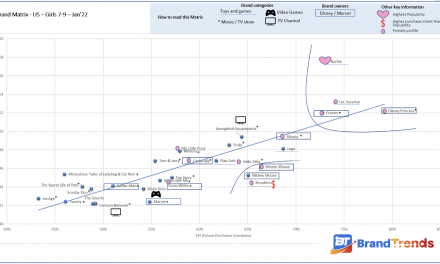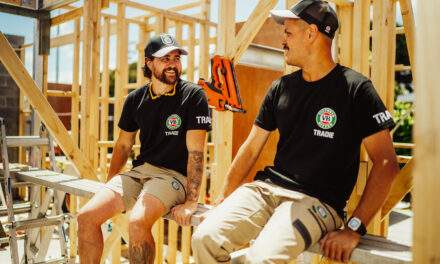
Products of Change: The nature of the business

In their regular spot in Total Licensing, Products of Change editor Rob Hutchins explores the release of the sixth – and likely final – IPCC report last month and the power of collaborative action.
They’re calling it our ‘secret ally’. The natural systems around us; our friend in the continued fight against climate change. Why? Well, it’s quite simple really. It’s carbon, isn’t it? Carbon is both a building block for everything we can touch and ironically, a root ingredient of our current recipe for climate disaster.
Fortunately for us, nature is fantastic at handling it. Unfortunately, nature is an infrastructure that has been the subject of some woeful resource mismanagement.
Natural systems have absorbed 54% of human-related carbon dioxide emissions over the past decade and have slowed global warming and helped protect us all from some pretty severe climate risks… so far. The problem is, we’re not treating nature like the ally she is. In fact, we’ve been treating her as a commodity. And now we’re facing the stark reality of where that has led us.
Among the many contributing factors the authors of the sixth – and likely final –Intergovernmental Panel on Climate Change (IPCC) report called out last month, our relationship with overconsumption is probably the most pertinent to everyone in industry. It is, after all, the area driving our mistreatment of nature the hardest.
Issued on Monday, 20 March 2023, the report made for some rather startling reading. Taking swift and drastic action has become our last hope of limiting global warming to 1.5ºC above pre-industrial levels and averting irrevocable damage to the planet. This is, in essence, our ‘final warning’ over the climate crisis before it’s all too late.
“Our world needs climate action on all fronts: everything, everywhere, all at once,” said the UN secretary general, Antonio Guterres upon the release of the report.
And what that means is every step made by business counts.
There are a series of rapid emission reductions we need to make to meet intermediate climate targets: reducing greenhouse gas emissions by 43% by 2030 and by 60% by 2035 to reach net zero by mid-century and avoid global temperatures exceeding the tipping point.
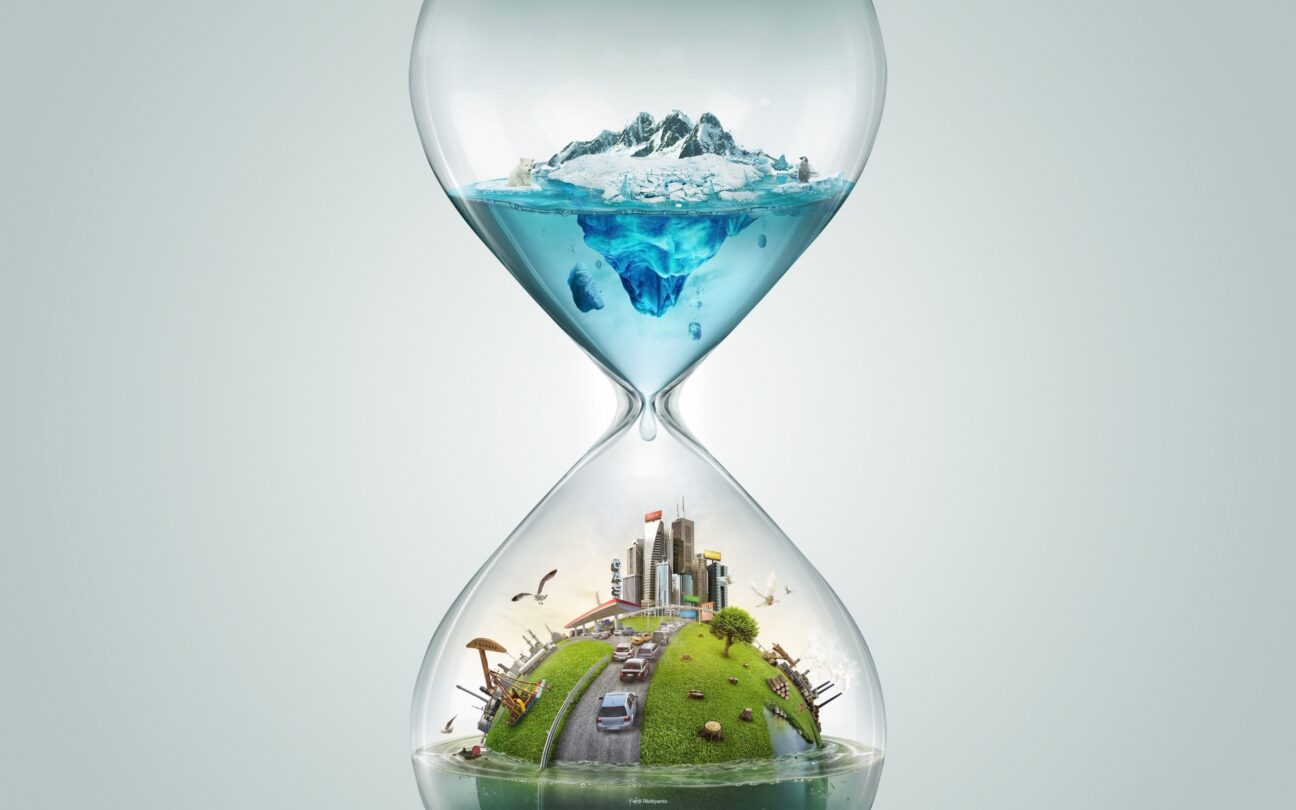
To achieve what needs to be done, we need collaboration now more than ever before. This has always been at the heart of Products of Change’s mission statement, to bring businesses and sectors together to help the $300bn global brand and licensing industry transition to a positive and sustainable future. How do we begin to reduce our emissions and regenerate the natural resources we depend upon day-to-day? Through collaboration and community, we are beginning to etch out some of our own answers.
For the past year or so, we have been working on a major cross-sector project to develop an Industry Framework to help businesses across the consumer products space, from brand owners and manufacturing partners to retailers and all those along the value chain, build sustainable development into their operations and create the foundations of an industry standard, from concept and design all the way through to end-of-life systems for products and packaging. A Framework for industry sustainable development – pored over by many contributing companies and individuals – this soon- to-launch resource will help us all build incremental steps towards more sustainable operations into the fabric of our operations.
This is how radical change is best mobilised. It’s like eating the metaphorical elephant. We could never recommend eating an elephant, of course, but we could recommend that we attempt this seismic shift to sustainable operation bit by bit, step-by-step. Yes, we need bold ambition and swift action, but we also need to make our changes stick. This is why the Framework is about leading the industry on that journey of sustainable development, with short-term, mid-term, and long-term targets forming is structure.
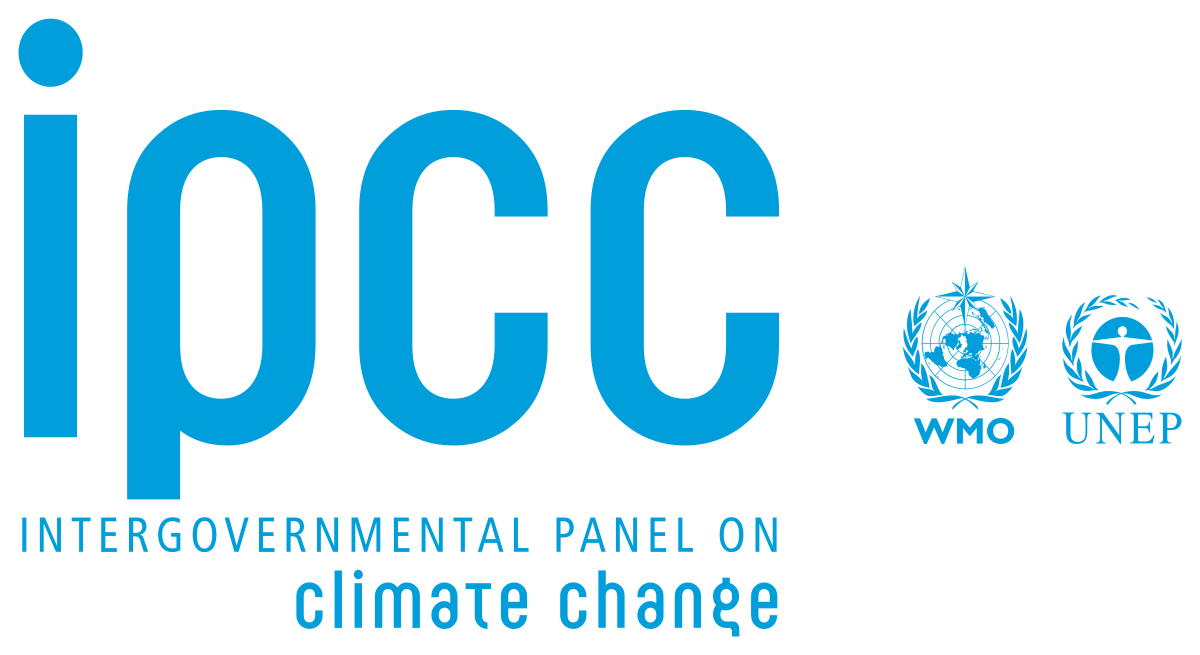
Transitioning an entire global industry without applying the brakes to business is going to be an interesting endeavour. This is, after all, about changing the entire systemic design of our business model. Overconsumption and the destruction of our ally nature is fuelled by our ‘take, make’ break, and throwaway’ system. And the world can no longer accommodate it.
In the same week the IPCC issued its report, the European Commission was busy making a succession of proposals as a part of its European Green Deal legislation. Among them was a set of new rules designed to make the ‘right to repair’ products rather than replace them easier and more accessible for European customers. Discarded products are often viable goods that can be repaired but are too often thrown away prematurely. This has resulted in 35 million tonnes of waste, 30 million tonnes of resources, and 261 million tonnes of greenhouse gas emissions in the EU every year. Better enabling the 77% of Europeans who feel a personal responsibility to act to limit climate change to reduce their impact in this way seems a pretty reasonable place to start.
Furthermore, it’s estimated that the ‘right to repair’ initiative will unlock €4.8 billion in growth and investment in the EU.
Directives such as this and rules around Extended Producer Responsibility that will commence with packaging but eventually translate to products placed on the market, too will continue to nudge businesses towards a circular economy. Legislation will begin to set new parameters within which we must all operate as we look to cut emissions, reduce our impact on the planet and strike a better balance with nature and the environment.
But the rest of the work has to come from us. Industry wields such power of influence to steer the direction and set the pace of this change. Let’s use our allyship, with nature and with each other, to rewrite the future we’re facing. It’s not yet too late.
